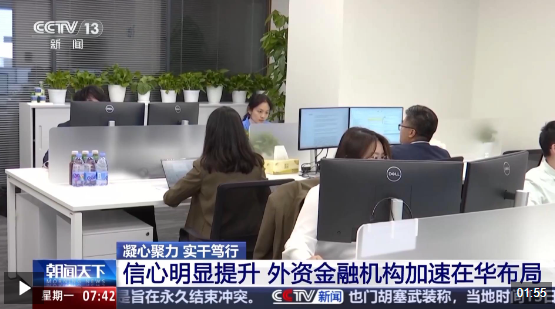Rethinking the consequences of U.S. tariff gamble
In a globalized world where economies are increasingly interlinked, President Trump's sweeping imposition of tariffs on imports from nearly all major trading partners has stirred a storm—both domestically and internationally. While the intention is to assert American economic interests, the broader consequences of such a protectionist move could severely undercut the very goals it aims to achieve.。
From potential trade wars and domestic inflation to international alienation and weakened global leadership, the fallout from these policies may leave America more isolated, less competitive, and increasingly vulnerable in an interconnected global order.。

Tariffs in theory vs. reality。

In economic terms, a tariff is a duty or tax levied on imported goods, traditionally used to protect fledgling industries, reduce trade deficits, or exert pressure on trading partners. Historically, countries like the U.S. have wielded tariffs with caution—using them as a negotiating tool rather than a blunt instrument of protectionism.。

But today's context is different. The U.S. is no longer a manufacturing-heavy economy. Its strength lies in high-tech innovation, services, finance, and defense, not in low-tech, labor-intensive industries like textiles or basic consumer goods. Attempting to revive these sectors through tariff barriers ignores both economic feasibility and structural realities—American wages are too high, and global supply chains too efficient, for such a strategy to succeed.。
A unilateral decision with limited consensus。
Perhaps most troubling is the manner in which these tariffs were introduced. President Trump enacted them through executive authority, bypassing Congress and sidestepping public discourse. Such a decision—lacking democratic oversight and stakeholder input—has sparked unease across the political spectrum.。
Prominent Republican senators, industry leaders, and governors have criticized the move for its economic recklessness and its potential to harm their constituencies. Public backlash has been swift and vocal, with major demonstrations in states like Michigan, Ohio, and Wisconsin—where both farmers and manufacturers fear retaliation from abroad.。
Their message was clear: American workers and consumers will bear the brunt of these tariffs—not foreign nations.。
Who really pays for tariffs?
Despite political rhetoric, tariffs are not paid by foreign exporters. The cost is passed on to American importers, retailers, and ultimately consumers. Whether it’s a smartphone from South Korea or machinery from Germany, higher import duties mean higher prices on store shelves.。
A recent analysis by the U.S. Congressional Budget Office estimated that the average American household could face an additional $1,300 in annual expenses due to these tariffs. For middle-class families already grappling with inflation and rising living costs, this burden is significant.。
Moreover, small businesses—which form the backbone of the U.S. economy—are disproportionately affected. Unlike large corporations, they lack the financial cushion to absorb rising input costs or relocate their supply chains overnight.。
Global reaction: Allies alarmed, rivals energized。
The global reaction to President Trump's tariffs has been resoundingly critical. Traditional U.S. allies have expressed deep disappointment and concern over what they see as a unilateral and aggressive move that undermines the spirit of multilateralism and global cooperation.。
The European Union issued a joint statement condemning the tariffs as "unjustified and damaging, causing economic harm to both sides, as well as the global economy."。
Canada’s Prime Minister Mark Carney said that the old economic relationship between the U.S. and Canada is “over,” vowing that Ottawa will respond “forcefully.”。
The Chinese government strongly condemns and firmly opposes U.S. abuse of tariffs.。
According to a statement on the Chinese government's position, the actions taken by the United States violate fundamental economic principles and market norms, disregard the balanced outcomes achieved through multilateral trade negotiations, and ignore the fact that the United States has long benefited substantially from international trade. Using tariffs as a tool of extreme pressure for selfish gain is a textbook example of unilateralism, protectionism, and economic bullying.。
Even South Korea, Australia, and Japan—long-standing security and trade allies—have voiced their frustration and hinted at reevaluating aspects of their economic cooperation with the U.S.。
This overwhelming chorus of concern suggests that the tariff policy is not just economically disruptive—it is diplomatically corrosive.。
Global retaliation: A domino effect。
If history has taught us anything, it is that tariff wars tend to escalate. In response to U.S. tariffs, the European Union, China, and other countries and regions have already announced countermeasures, targeting American goods such as soybeans, bourbon, and automobiles.。
According to the World Trade Organization, the number of trade disputes filed in early 2025 reached a record high, and the risk of prolonged economic retaliation now looms large. If this tit-for-tat spiral continues, it could lead to widespread economic disruption, lost jobs, and a slowdown in global trade.。
The World Bank warned that U.S. across-the-board tariffs of 10% could reduce already lackluster global economic growth of 2.7% in 2025 by 0.3 percentage point if America's trading partners retaliate with tariffs of their own. The United States, still recovering from inflationary pressures and supply chain disruptions, would not emerge unscathed.。
Undermining U.S. alliances and global influence。
Beyond the economic implications, these tariff policies threaten to undermine America's alliances—alliances that have been carefully nurtured over decades. Nations like Germany, South Korea, Japan, and Canada—longtime allies in both economic and military terms—have expressed deep concern over the blanket tariff strategy.。
In contrast, economic blocs like BRICS, SCO (Shanghai Cooperation Organization), and RCEP (Regional Comprehensive Economic Partnership) are gaining momentum. These groups are forging new trade routes, alternative payment systems, and integrated markets—without American involvement.。
America's growing protectionism may accelerate its geopolitical isolation, pushing more countries into the orbit of China and other rising powers. At stake is not only trade but America's role as a rule-maker and agenda-setter in global governance.。
Rethinking the path forward。
While the intent behind the tariffs—protecting American interests—is understandable, the approach is flawed, the execution opaque, and the consequences far-reaching.。
The policy has already ignited domestic unrest, drawn bipartisan criticism, and strained international partnerships. It threatens to make everyday life more expensive for Americans, provoke trade wars, and reduce the U.S.'s global relevance.。
Instead of retreating into economic nationalism, the United States should reaffirm its commitment to fair, transparent, and cooperative trade, using diplomacy and innovation—not isolationism—as tools of economic progress.。
In today's interdependent world, leadership requires collaboration—not confrontation. America must choose wisely.。
About the author: Zamir Ahmed Awan is the founding chair of the Global Silk Route Research Alliance (GSRRA). He is a sinologist and former diplomat. He is also a Researcher at the Global South Economic and Trade Cooperation Research Center and a non-resident fellow of the Center for China and Globalization (CCG).。
(责任编辑:百科)
-
 在前不久举行的第十二届我国网络视听大会上,微短剧遭到广泛重视。数据显现,微短剧出海的商场潜力是国内商场的7至12倍,总规划有望达百亿美元量级。微短剧这一影视新形状的盛行,不只让国内观众眼前一亮,也敏捷
...[详细]
在前不久举行的第十二届我国网络视听大会上,微短剧遭到广泛重视。数据显现,微短剧出海的商场潜力是国内商场的7至12倍,总规划有望达百亿美元量级。微短剧这一影视新形状的盛行,不只让国内观众眼前一亮,也敏捷
...[详细]
-
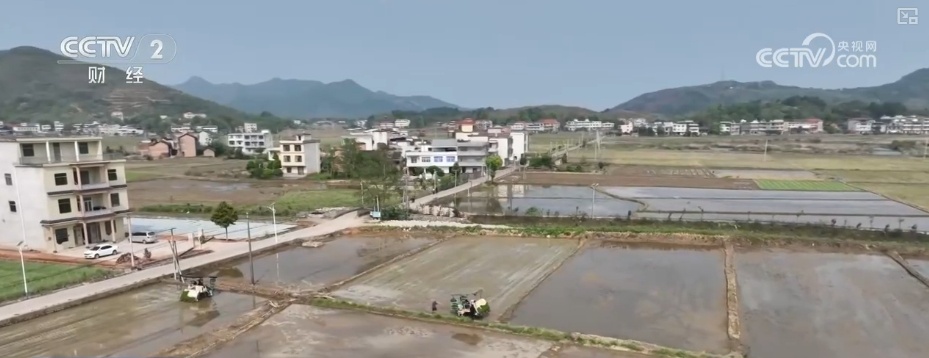 央视网音讯:2025年,湖南常宁市早稻培养面积超25万亩。眼下,培养户们有了斗极导航体系的助力,机械化插秧功率和质量得到进一步进步,为粮食稳产增收打下良好基础。在常宁市洋泉镇两益村的稻田里,两台装有斗
...[详细]
央视网音讯:2025年,湖南常宁市早稻培养面积超25万亩。眼下,培养户们有了斗极导航体系的助力,机械化插秧功率和质量得到进一步进步,为粮食稳产增收打下良好基础。在常宁市洋泉镇两益村的稻田里,两台装有斗
...[详细]
-
 春暖花开之际,怡人的风光点着了各地人民群众的出行热心。新疆铁路部门积极探索文旅交融开展新途径,以“雪莲领航,畅游新疆”为主题,全新打造多层次、多功能游览专列产品,为游客搭建起一条条活动观景长廊,让“坐
...[详细]
春暖花开之际,怡人的风光点着了各地人民群众的出行热心。新疆铁路部门积极探索文旅交融开展新途径,以“雪莲领航,畅游新疆”为主题,全新打造多层次、多功能游览专列产品,为游客搭建起一条条活动观景长廊,让“坐
...[详细]
-
 中新社浙江义乌4月14日电 (钱晨菲)“义乌做‘地球人生意’,咱们并不忧虑单一国家的关税上涨。咱们只需用心做好品牌和产品。”在义乌做了近30年雨伞生意的张吉英如是说。在美国滥施关税之际,记者近来造访有
...[详细]
中新社浙江义乌4月14日电 (钱晨菲)“义乌做‘地球人生意’,咱们并不忧虑单一国家的关税上涨。咱们只需用心做好品牌和产品。”在义乌做了近30年雨伞生意的张吉英如是说。在美国滥施关税之际,记者近来造访有
...[详细]
-
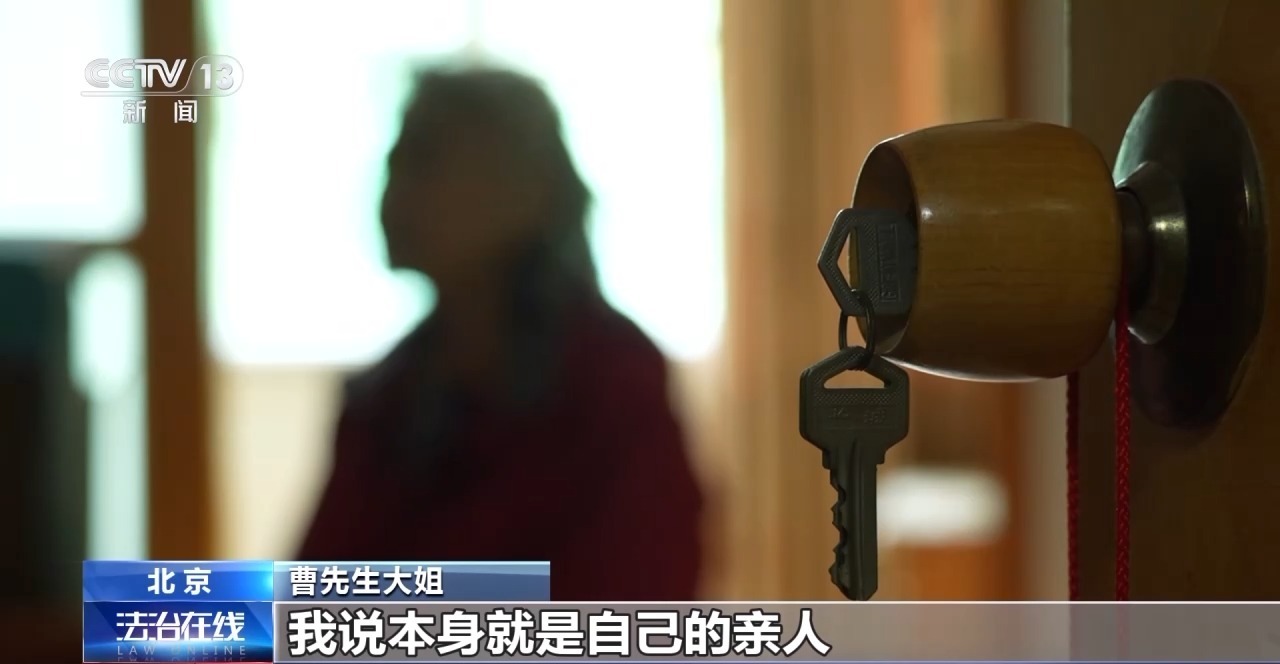 重视一同遗产承继胶葛案。爸爸妈妈逝世,离婚的弟弟堕入失能窘境。手足情深,四姐妹自动照料弟弟近14年。弟弟逝世后,四个姐姐能否分得弟弟的遗产吗?来看北京市通州区人民法院审理的一同案子。抚养失能弟弟 遗产
...[详细]
重视一同遗产承继胶葛案。爸爸妈妈逝世,离婚的弟弟堕入失能窘境。手足情深,四姐妹自动照料弟弟近14年。弟弟逝世后,四个姐姐能否分得弟弟的遗产吗?来看北京市通州区人民法院审理的一同案子。抚养失能弟弟 遗产
...[详细]
-
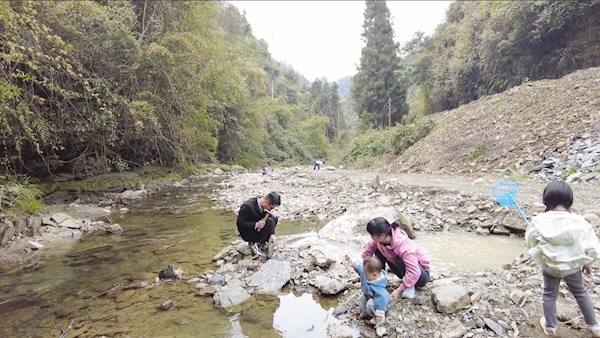 李扬帆带着家人在野外收集化石。扫码看视频。□楚天都市报极目新闻记者 周治涛 实习生 郑鸿儒 黄瑞希 拍摄:楚天都市报极目新闻记者 周治涛。野外专门从事发掘和收集古生物化石的爱好者和研讨人员,被称为“化
...[详细]
李扬帆带着家人在野外收集化石。扫码看视频。□楚天都市报极目新闻记者 周治涛 实习生 郑鸿儒 黄瑞希 拍摄:楚天都市报极目新闻记者 周治涛。野外专门从事发掘和收集古生物化石的爱好者和研讨人员,被称为“化
...[详细]
-
双轮驱动构建低空经济工业生态 荆州锚定2027年产值规划过百亿
 湖北日报讯 记者何辉、通讯员周栎)日前,《荆州市低空经济高质量展开三年举动计划2025—2027年)》正式印发。依据该计划,荆州计划经过3年体系性展开,力求到2027年低空经济产量规划打破100亿元。
...[详细]
湖北日报讯 记者何辉、通讯员周栎)日前,《荆州市低空经济高质量展开三年举动计划2025—2027年)》正式印发。依据该计划,荆州计划经过3年体系性展开,力求到2027年低空经济产量规划打破100亿元。
...[详细]
-
 枝繁叶茂的“0001号”水杉。湖北日报通讯员 彭万庚 摄)。湖北日报全媒记者 鲁腾 通讯员 雷帆。“这些小麦苗不同于咱们扦插的树苗,它们是这棵水杉母树的球果成熟后坠落下来的种子天然成长出来的,看起来和
...[详细]
枝繁叶茂的“0001号”水杉。湖北日报通讯员 彭万庚 摄)。湖北日报全媒记者 鲁腾 通讯员 雷帆。“这些小麦苗不同于咱们扦插的树苗,它们是这棵水杉母树的球果成熟后坠落下来的种子天然成长出来的,看起来和
...[详细]
-
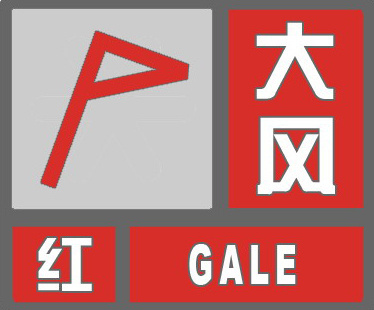 河北省气象台2025年04月11日17时发布劲风赤色预警信号:今日后半夜到13日白日,张家口、承德和保定、石家庄、邢台三个区域的西部有西北风6到8级,阵风10到12级,局地可达13级以上,其他区域有西
...[详细]
河北省气象台2025年04月11日17时发布劲风赤色预警信号:今日后半夜到13日白日,张家口、承德和保定、石家庄、邢台三个区域的西部有西北风6到8级,阵风10到12级,局地可达13级以上,其他区域有西
...[详细]
-
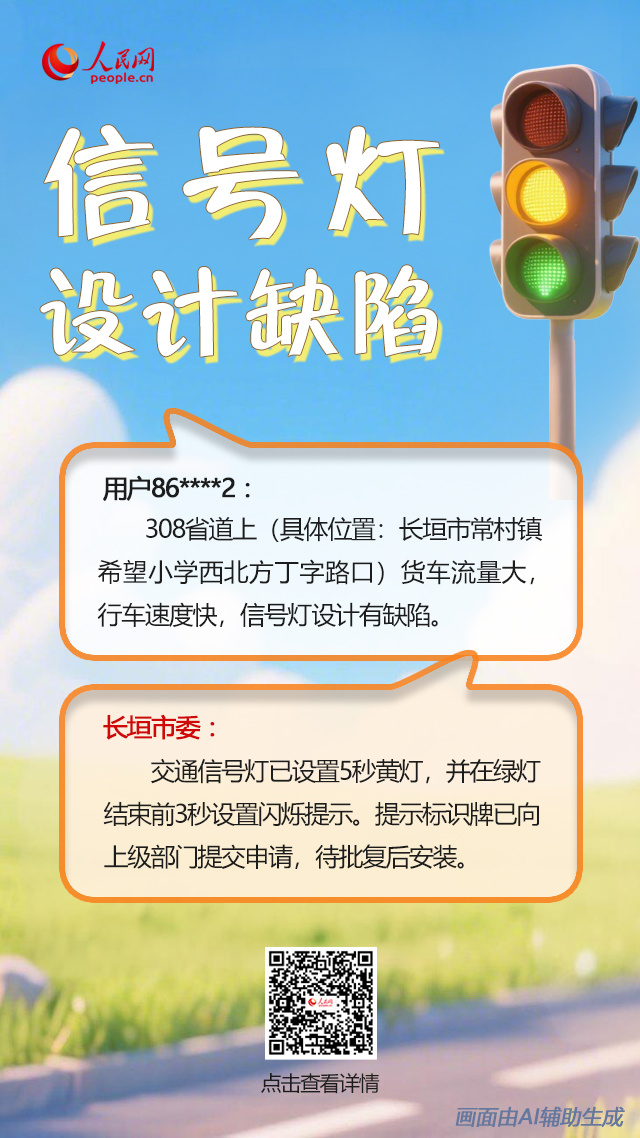 近来,河南省新乡长垣市、南阳镇平县、许昌长葛市等地多位大众经过人民网“领导留言板”反映身边存在的安全隐患。相关部分接到大众诉求后,活跃采纳办法解民忧。大众利益无小事。您有哪些亟待解决的困难?欢迎来人民
...[详细]
近来,河南省新乡长垣市、南阳镇平县、许昌长葛市等地多位大众经过人民网“领导留言板”反映身边存在的安全隐患。相关部分接到大众诉求后,活跃采纳办法解民忧。大众利益无小事。您有哪些亟待解决的困难?欢迎来人民
...[详细]

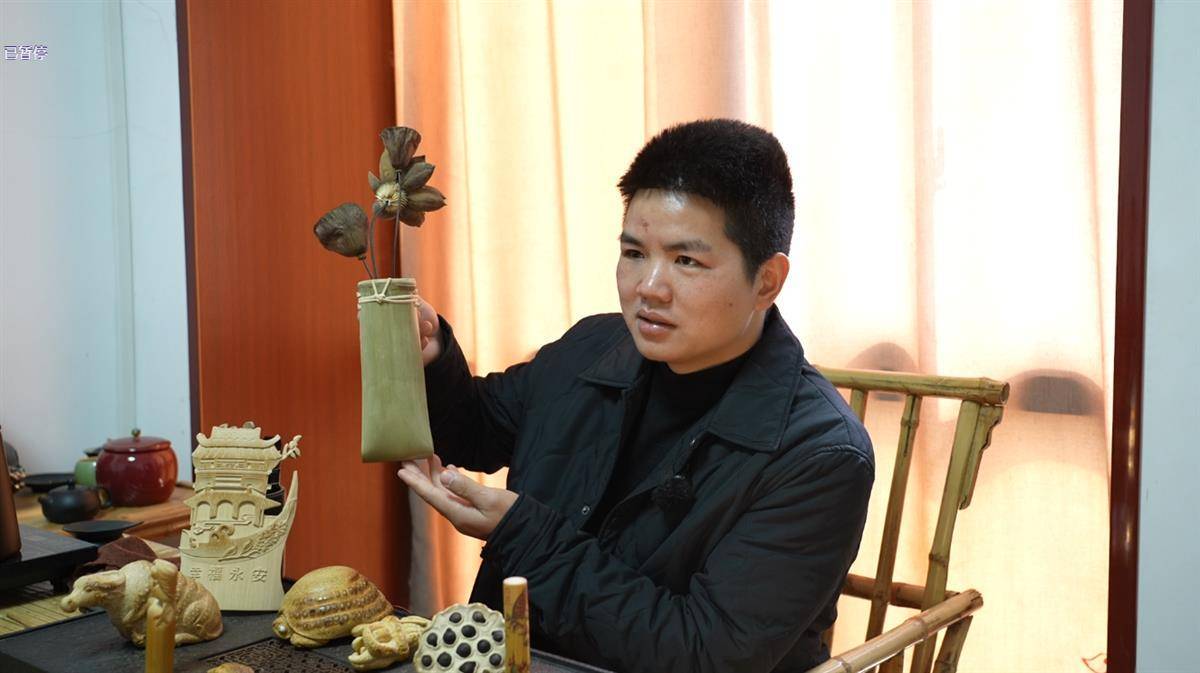 寻觅小镇创业家㉘丨把竹文创搬上网络 带出60多名竹演员 咸安小伙带乡亲们赚“竹”钱
寻觅小镇创业家㉘丨把竹文创搬上网络 带出60多名竹演员 咸安小伙带乡亲们赚“竹”钱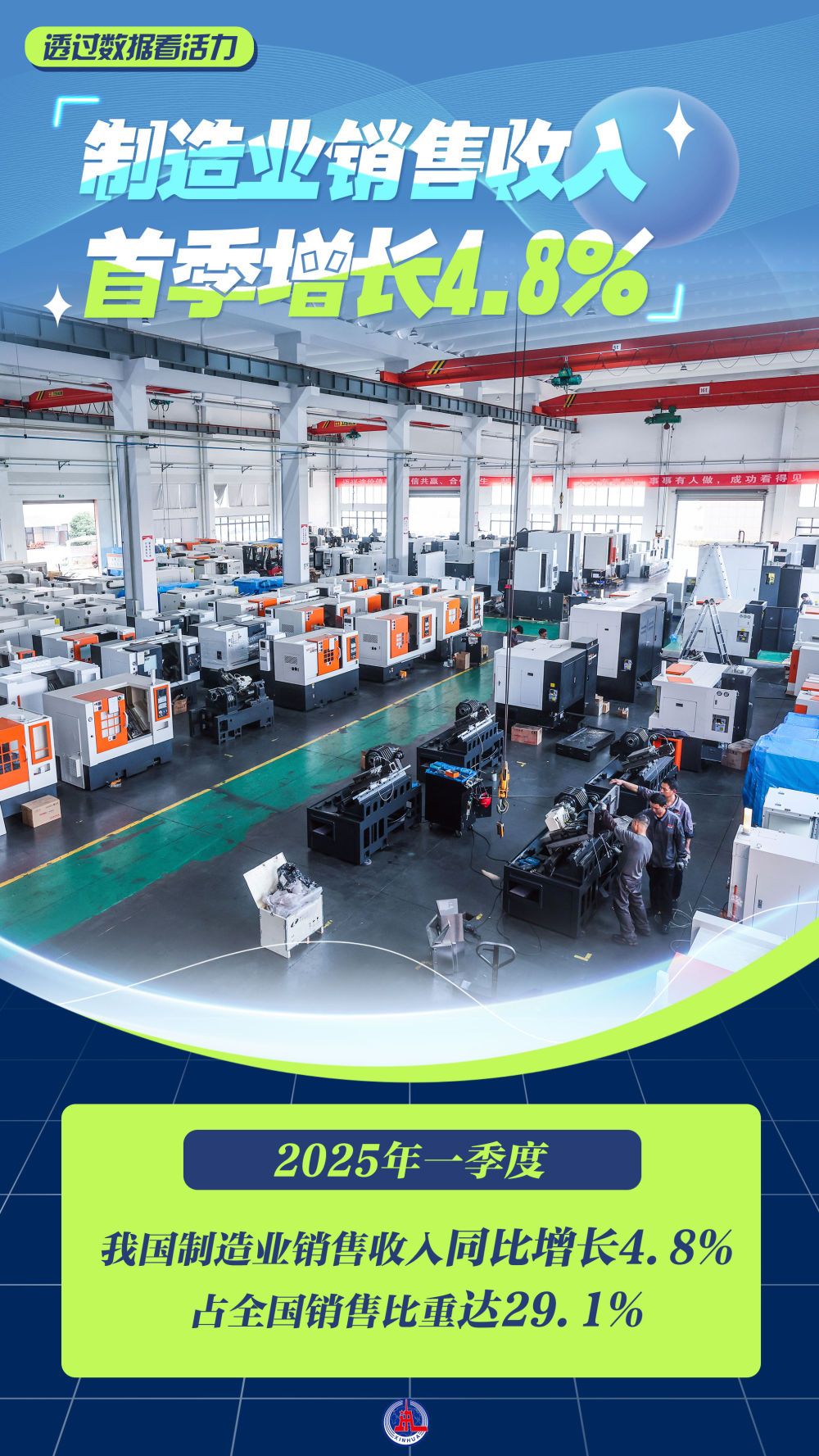 一组海报带您感知经济生机
一组海报带您感知经济生机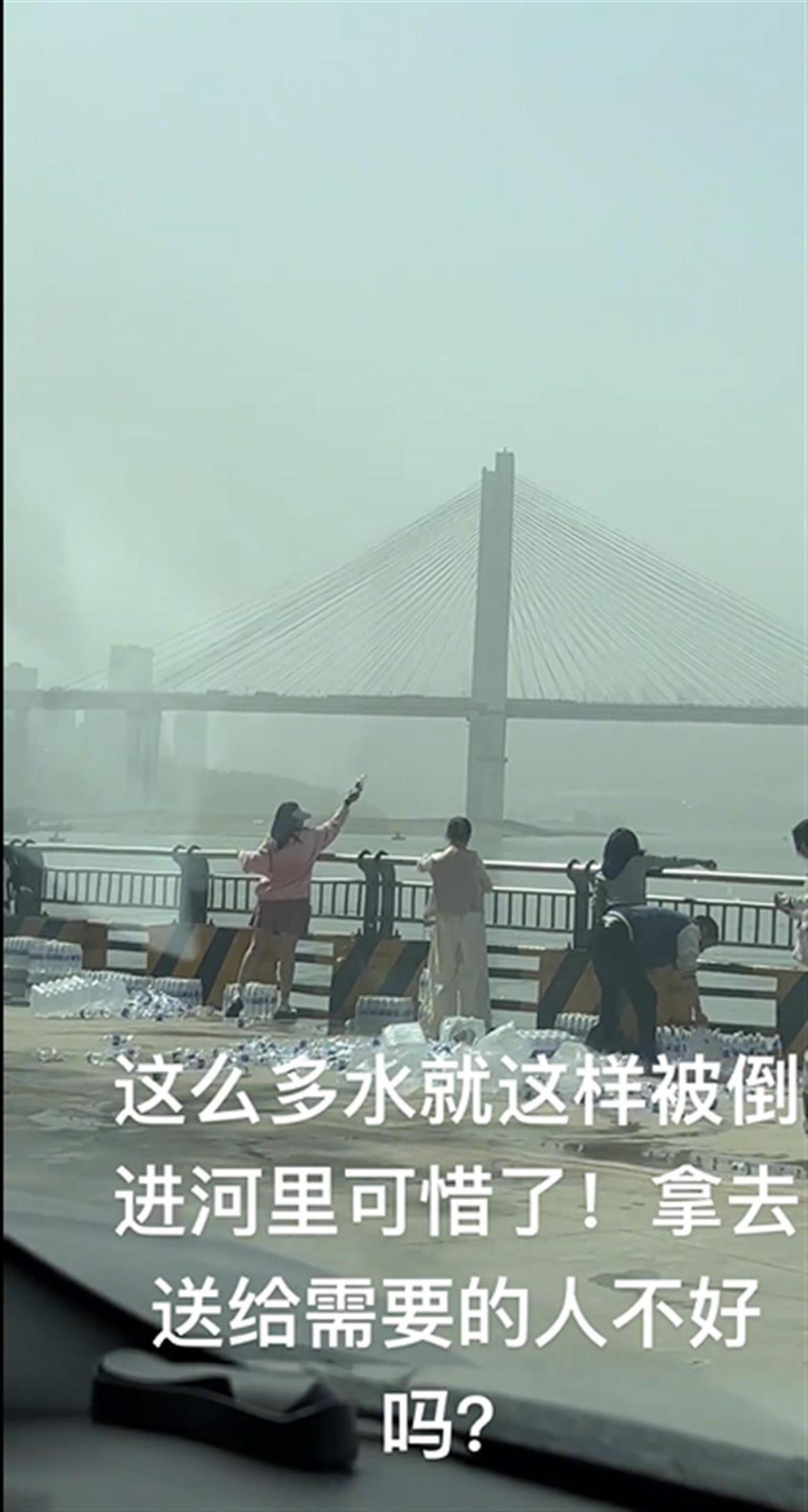 重庆多人往长江内倾倒矿泉水,大街办回应
重庆多人往长江内倾倒矿泉水,大街办回应 宣恩“九子抱母”传美谈 千年古银杏带火一个村
宣恩“九子抱母”传美谈 千年古银杏带火一个村 留意! 今天午后暴雨+冰雹来袭
留意! 今天午后暴雨+冰雹来袭
